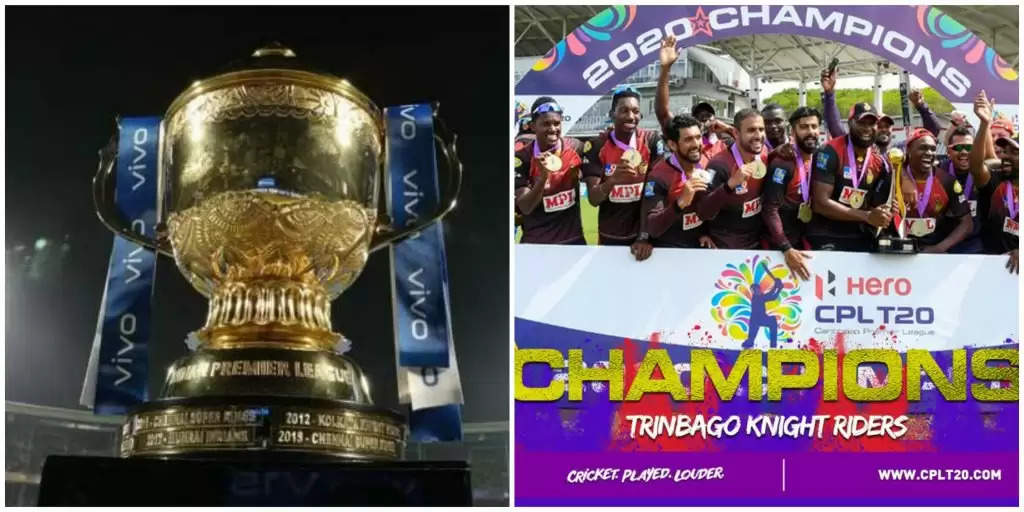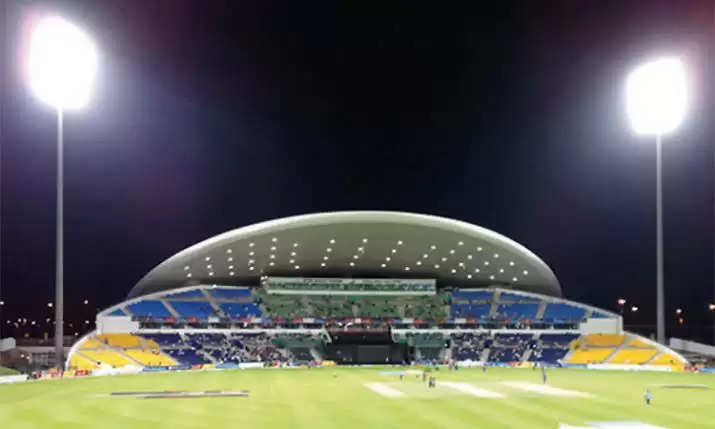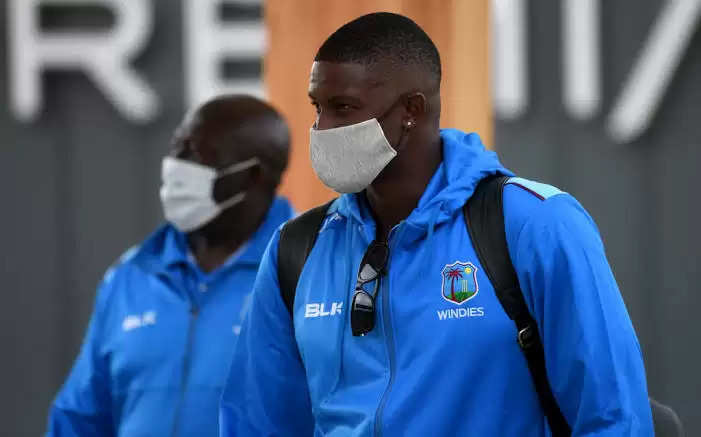How the IPL can take a page out of the book of CPL and other major leagues to ensure safety

We’re less than a month away from the biggest sporting extravaganza in the world of cricket, and in the absence of the World Cup, certainly the biggest event in world cricket this year: the coveted Indian Premier League (IPL).
The 13th edition of the IPL was also among those caught in the whirlwind of the coronavirus as the world moved towards a complete stop on the modern machinery. Sports, concerts, functions, economic activities were no longer permissible and had to be indefinitely pushed back until things got a little better. The IPL, set to commence on 29th March was pushed back to 15th April and when the lockdown was extended even further in India, the BCCI decided to suspend the tournament indefinitely.
European countries, where the coronavirus outbreak took centre-stage after China, once seemed to be spinning out of control as cases and deaths continued to rise. However, things took a turn for the better as Spain, Germany, Italy and the United Kingdom finally managed to get a hold of things and recoveries continued to rise. With the return of Bundesliga in May, Germany became the first country where a major sporting league got the green light for resumption and slowly the rest of the Europe followed with the Premier League in England, La Liga in Spain and Serie A in Italy.


IPL in UAE can take cues from the CPL recently conducted.
Despite a few hiccups here and there, there have been no major worries related to the coronavirus as stringent measures and protocols for social distancing have become the norm. In the world of Cricket, England became the first country to lead the way by organising the test series against West Indies in July and showing the world that top tier cricket could still be played with the right precautions and conditions. The Caribbean Premier League (CPL) ended yesterday, and there have been no issues related to transmission of the virus. In fact, with no hotels in the ground, the CPL still managed to host a terrific tournament.
AN EDGE PAST THE KEEPER FOR FOUR, AND THE TRINBAGO KNIGHT RIDERS MAKE HISTORY! THEY COMPLETE THE PERFECT SEASON AND WIN HERO CPL 2020!
That, behind closed doors, with no fans, in a bubble, is an unbelievable achievement.#CPLFinal #CPL20 #CricketPlayedLouder #TKRvSLZ
— CPL T20 (@CPL) September 10, 2020
When it comes to organising sports these days, everything begins and ends with a bio-bubble, quite literally. The phrase bio-bubble has gained a lot of attention in recent times and considerably so, given that it has been the most important factor behind the resumption of cricket and other sports like football and basketball on the global stage. A bio bubble is exactly what it sounds like, an invisible bubble of interaction between the players and staff of a team, extending from their base camp to training facilities and the stadium where games will be played.
According to reports, the BCCI is likely to hire Restrata, a UK based firm that managed the bio-bubble for the Test series between England and West Indies in England for the entire duration of the IPL. The company was also previously tasked with developing specialised security systems for the Olympic Village and other camps during the 2012 London Olympics.
In this light, it is absolutely imperative that players and everyone else associated with the contingent, including coaching staff, chefs, tailors, and other personnel of needs will only be permitted to leave their base hotels and resorts for training ground complexes and stadiums. And anyone that the players come in contact with, including their families must also follow the same protocol. Constant testing every few days and movement tracking for players and staff are vital procedures as well and needs to be in place to perform efficiently.

The bio bubble was also implemented first successfully in England. The IPL will try to replicate that.
Breach of bio-secure bubble can prove to be costly, as was the case with Jofra Archer in the second Test when he left the hotel precincts to go home to meet with an individual and was subsequently dropped from the Test and had to pay a fine. In the case of the IPL, breaking bio bubble should mean retaking every step of quarantine that begins with frequent testing.
Players would also need to self-quarantine for 14 days and treat it with seriousness after landing in the United Arab Emirates for the IPL. While the UAE board is eager to fill up its stadiums with 30-40 percent of crowd capacity by maintaining social distancing norms, it could prove to go wrong. As things stand, audienceless sport should be the norm at least until the first quarter of next year.
ALSO READ: South Africa face ban from ICC
While the constant isolation in bio-bubbles could prove to be fatiguing, as was the case with several West Indies players who complained of mental weariness, we understand that the base hotels and resorts for all the teams are replete with picturesque views, proper gyms, spas, lush gardens, beaches and swimming pools and of course, magnificent cuisine. As far as being quarantined a couple of months goes, it’s not the worst of situations.
All things considered, the formula that BCCI and IPL is betting on, has been tried and tested in different countries and in different sports multiple times over the last few months since sport returned to our lives and there has not be a single case of transmission of coronavirus till date and we hope the trend will continue at least until November 19 and hopefully, even well beyond.

